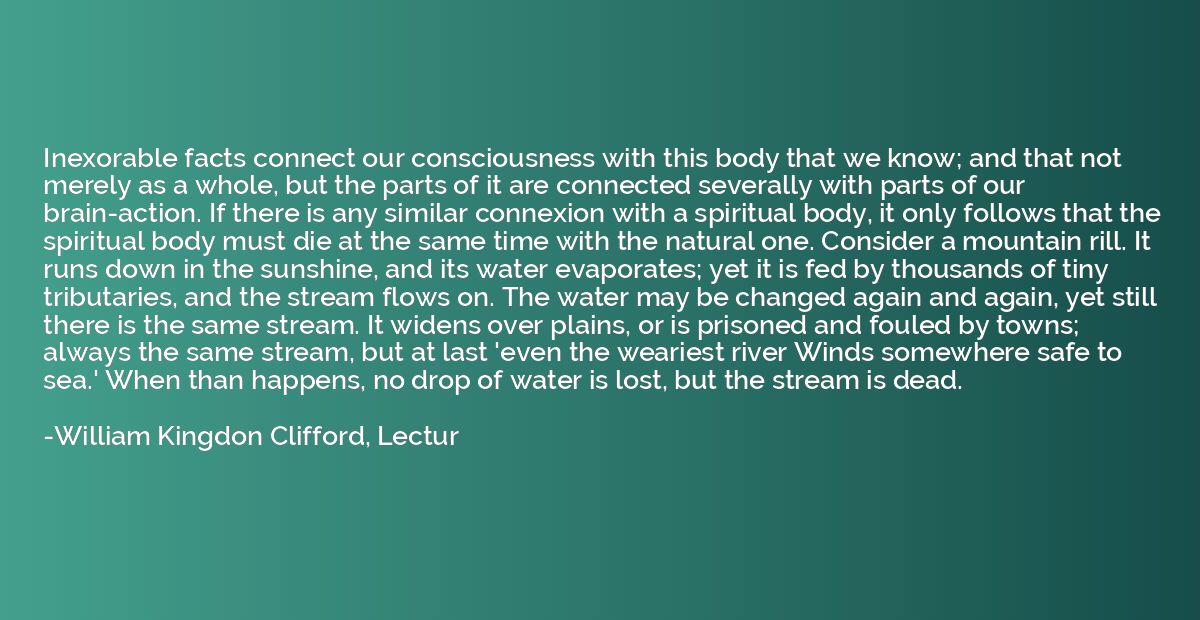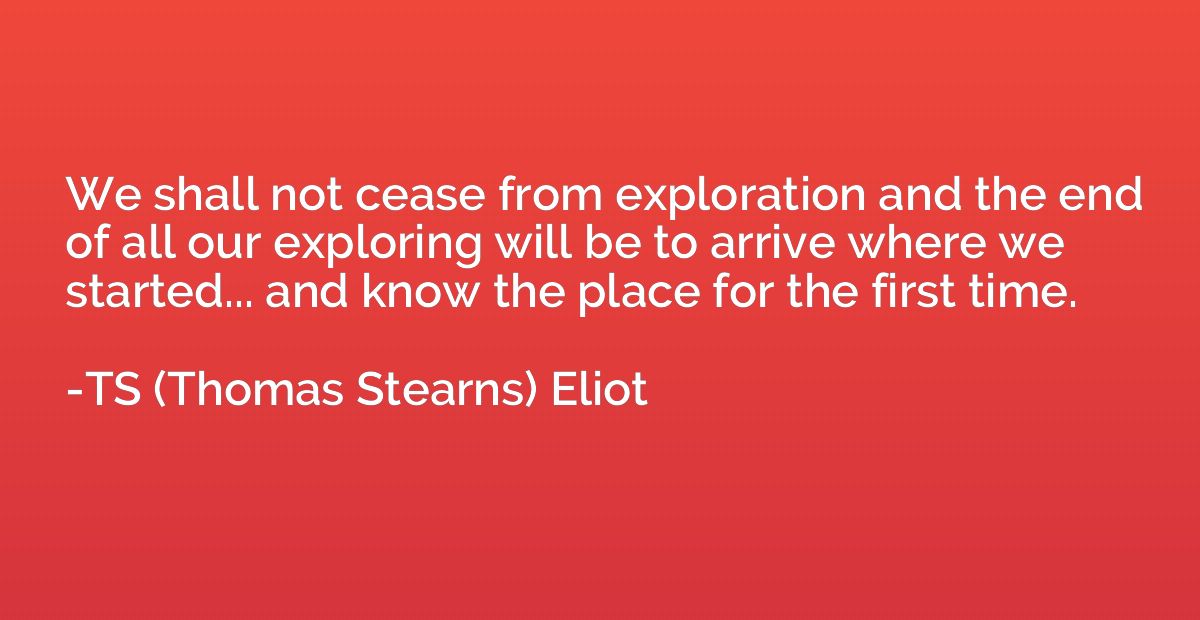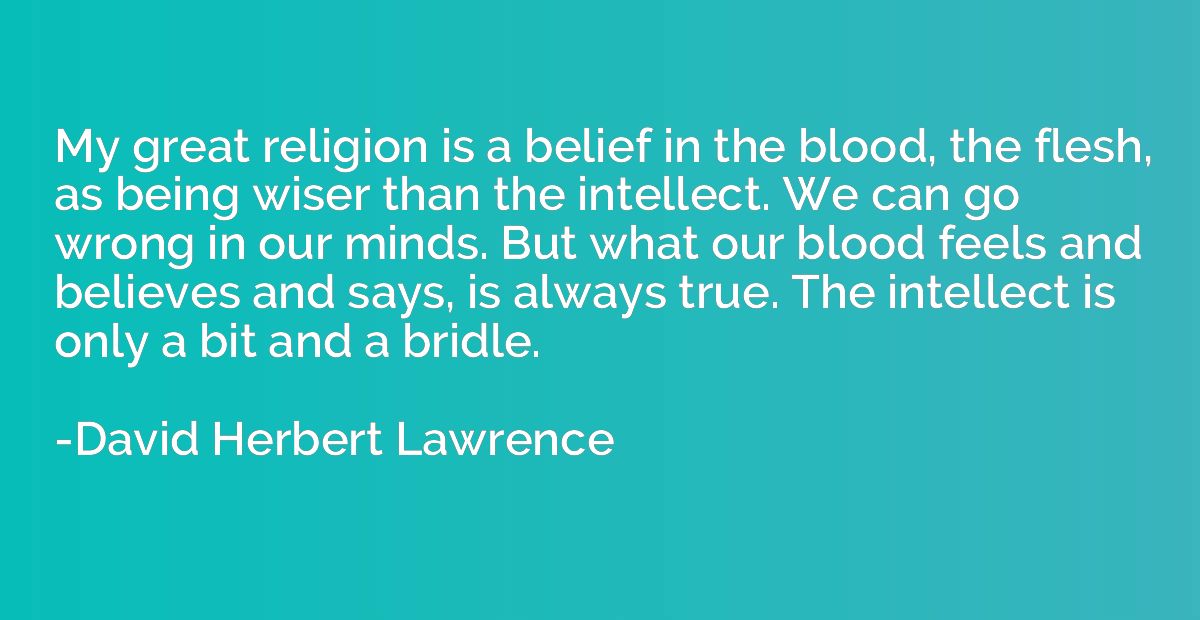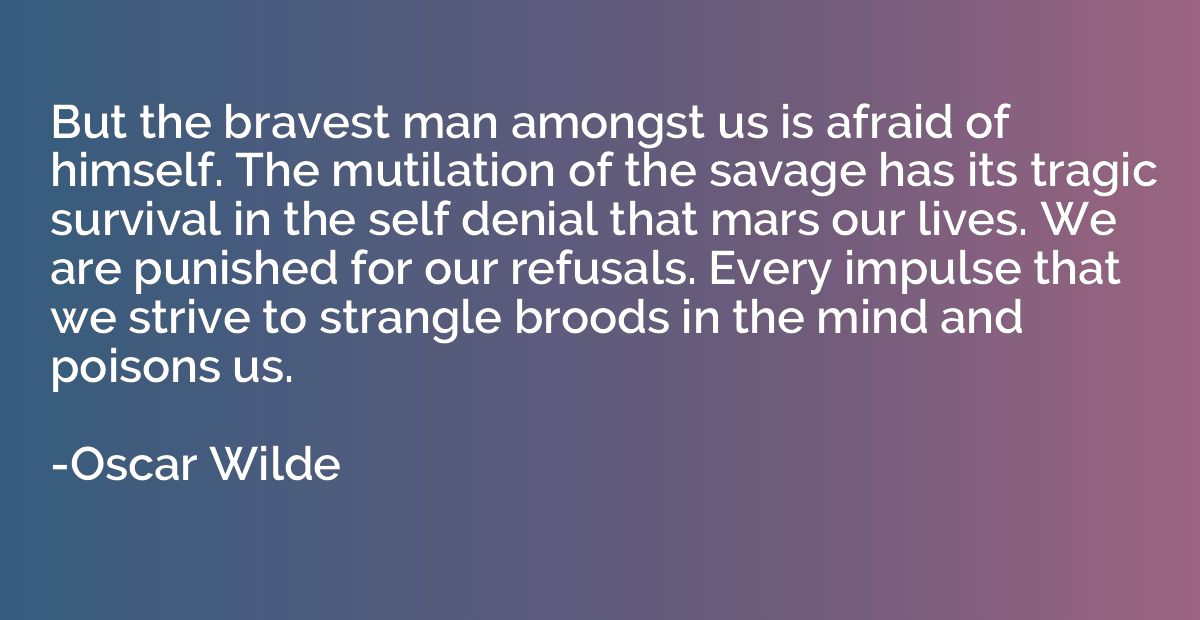Quote by William Kingdon Clifford, Lectur
Inexorable facts connect our consciousness with this body that we know; and that not merely as a whole, but the parts of it are connected severally with parts of our brain-action. If there is any similar connexion with a spiritual body, it only follows that the spiritual body must die at the same time with the natural one. Consider a mountain rill. It runs down in the sunshine, and its water evaporates; yet it is fed by thousands of tiny tributaries, and the stream flows on. The water may be changed again and again, yet still there is the same stream. It widens over plains, or is prisoned and fouled by towns; always the same stream, but at last 'even the weariest river Winds somewhere safe to sea.' When than happens, no drop of water is lost, but the stream is dead.

Summary
This quote suggests that our consciousness is inherently intertwined with our physical bodies. Just as the functioning of specific parts of our body depends on certain brain actions, the spiritual body, if it exists, would similarly perish along with the physical body. The analogy of a mountain rill is used to illustrate the concept. The rill is constantly fed by tributaries, and although its water may change over time, the stream remains the same. However, when the river finally reaches the sea, the stream ceases to exist, although not a single drop of water is lost. In essence, the quote suggests that while the physical body may perish, the spiritual body, if present, would also meet the same fate.














